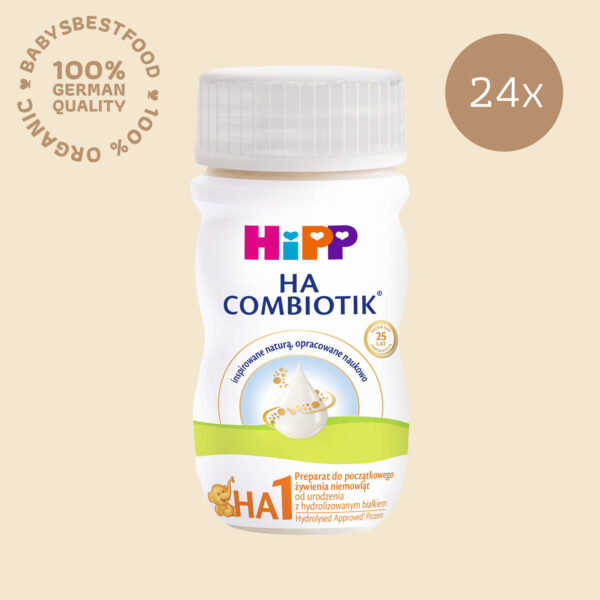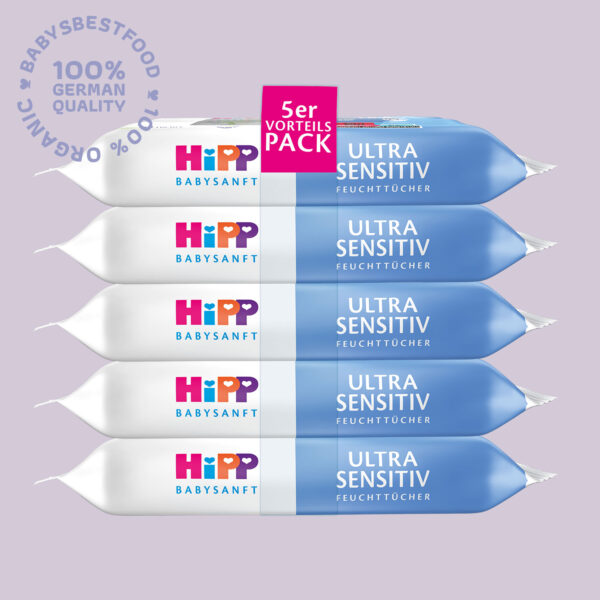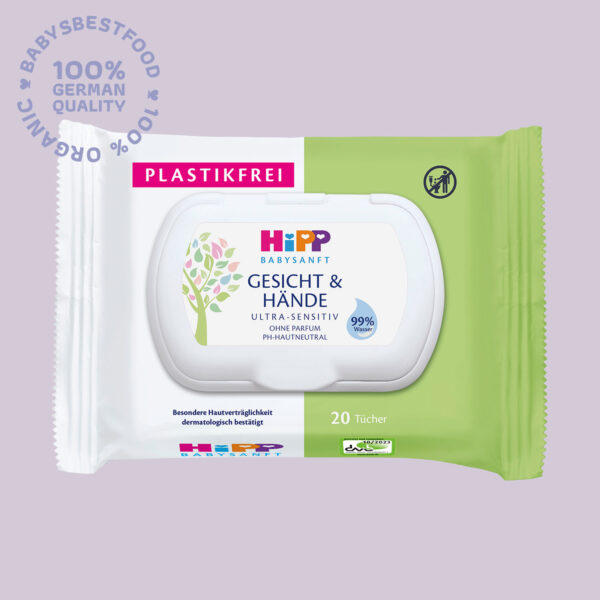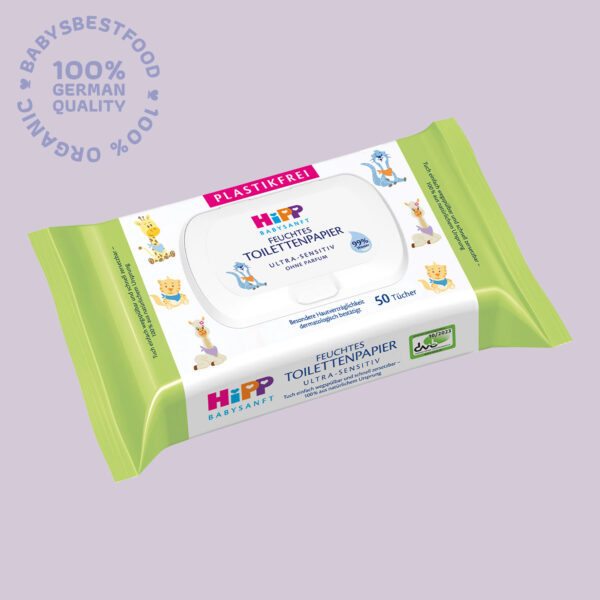Choosing the right formula for infants with allergies can be a daunting task for new parents. This guide reviews the best formula options for various allergies, ensuring that your baby gets the nutrition they need without adverse reactions.
Understanding Infant Allergies
Infant allergies can range from mild to severe, affecting their skin, digestion, and overall well-being. Common allergens in baby formulas include cow’s milk proteinProtein: Proteins, often labeled as life’s cornerstone, orchestrate a symphony of functions ensuring our children’s robust growth, agile muscle development,…, soy, and lactoseLactose / Milk Sugar Lactose, fondly known as milk sugar, is the primary sugar in dairy, fueling our children’s energetic… More. Identifying and understanding these allergies is crucial for selecting the appropriate formula.
Hydrolyzed Protein Formulas
Hydrolyzed protein formulas are designed for babies with cow’s milk protein allergies. These formulas contain proteins that are broken down into smaller, more easily digestible pieces, reducing the likelihood of an allergic reaction. Brands like HiPP are popular choices in this category, offering complete nutrition while being gentle on sensitive tummies.
Discover our hypoallergenic baby formula
HiPP Dutch 2 HA-Combiotic – Hypoallergenic Follow-On Formula
$76.13 / kg
Amino Acid-Based Formulas
For infants with severe allergies, amino acid-based formulas may be recommended. These formulas are made from individual amino acids, the building blocks of proteins, and are hypoallergenic.

Soy-Based Formulas
Soy-based formulas are an alternative for infants who are allergic to cow’s milk protein but can tolerate soy. These formulas offer a complete nutritional profile similar to that of cow’s milk-based formulas. However, it is important to note that some infants with cow’s milk allergies may also react to soy.
Choosing the Right Formula Stage
The premium European brands we carry, such as Kendamil, Holle, and HiPP, ensure that newborns or toddlers get exactly what they need during this stage of their development. We carry the following five stages:
- Stage Pre: Birth to six months of age
- Stage 1: Special infant formula from birth to six months
- Stage 2: Follow-on formula from six months to 10 or 12 months
- Stage 3: Infant formula from 10 or 12 months to 12 or 24 months
- Stage 4: Infant formula from 12 months to 24 months
Choose cow’s milk formulas, goat’s milk formulas, or special blends for sensitive tummies to ensure your child gets the right nutrients at the right time.

Lactose-Free Formulas
Infants with lactose intolerance can benefit from lactose-free formulas. These formulas replace lactose with alternative carbohydratesCarbohydrates: Kohlenhydrate, die dynamischen Kraftpakete des Körpers, sind von grundlegender Bedeutung, wenn es darum geht, Kinder mit Energie zu versorgen… that are easier to digest. Holle and HiPP are popular choices, providing essential nutrients without causing digestive discomfort.
Organic and Non-GMO Options
For parents concerned about synthetic ingredients and pesticides, organic and non-GMO formulas are excellent options. Brands like Holle and HiPP offer formulas that meet high safety and quality standards, ensuring your baby receives pure and natural nutrition.
Key Takeaways
- Hydrolyzed protein formulas are ideal for infants with cow’s milk protein allergies.
- Amino acid-based formulas provide hypoallergenic nutrition for severe allergies.
- Soy-based formulas are suitable for those who can tolerate soy but not cow’s milk protein.
- Lactose-free formulas are beneficial for infants with lactose intolerance.

Consult a Pediatrician
Always consult a pediatrician before making any changes to your baby’s diet to ensure it meets all their nutritional needs and supports their overall health and development.































